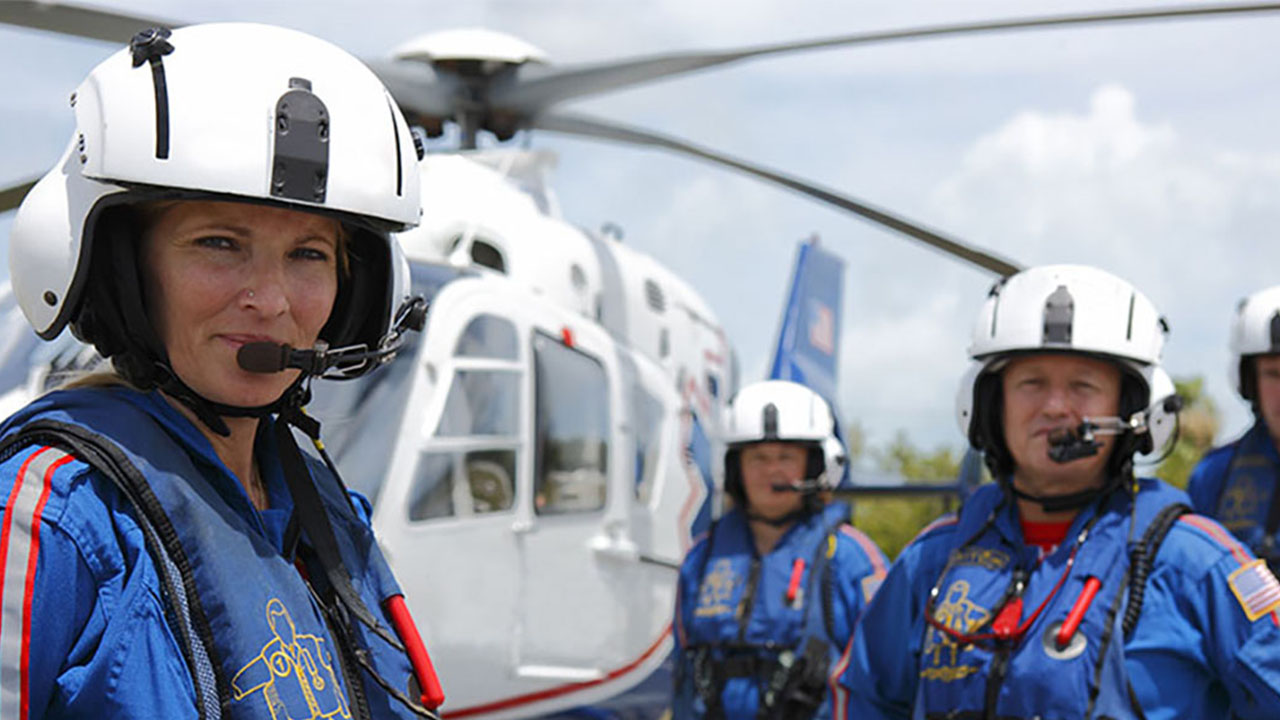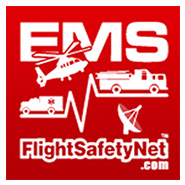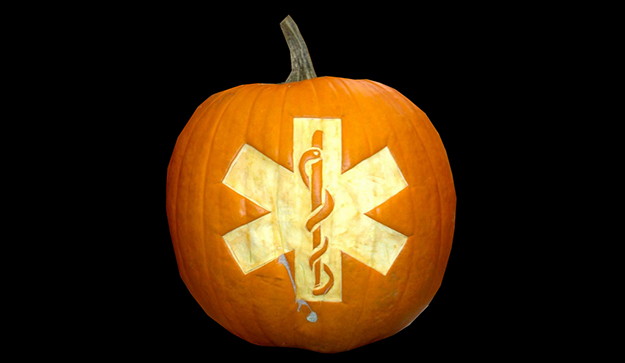“I Want To Fly As Fast As Humanly Possible . . . Like Starting Yesterday”
I get a lot of comments and questions like this one.
How long does it take to get qualified? How long until I fly? How long did it take you? What’s the average amount of time for flight medics?
All good questions. All deserving of answers.
People want and need time frames to set realistic goals.
Having said that, time spent working toward a goal, is always better than time spent worrying how long it took others to complete.
Eventually, the nurses, medics, and pilots I coach get to what I call the “bottom line” question. It’s always a version of “Are there any real short-cuts to getting an air medical flight crew job?”
Don’t misunderstand me. They don’t mean short-cut in the sense of skipping qualifications or experience. They mean short-cut in the context of working smarter, not harder.
3 “Tricks” Of The Trade
Are there any “tricks of the trade” to shorten the “get a flight job” process? Yes and no.
There is no shortening the qualification process. If your target flight program requires three years of critical care experience as a paramedic, then it will take you a minimum of three years to meet this requirement. Hopefully, that’s an easy no-brainer.
But there are things you can do to speed up the process after you’re qualified. Or to get things moving as soon as you’re qualified.
These three techniques produce the fastest results for EMS Flight Safety Network coaching students.
Connect Early
Connect with your target flight programs early and often.
Think of reaching out to your future employers like dating.
Your chances of success increase exponentially if they already know you. The best way to reach out is in person. But even if you’re geographically located on the opposite side of the country, you can still reach out via email and phone.
Develop relationships with the current crew. Let them know you appreciate what they do and want to work with them. Sincere flattery goes a long way toward developing relationships.
Don’t wait until you’re ready to start mailing resumes to introduce yourself to potential future employers.
Stay Current
Stay on top of current events in the air medical industry.
You don’t need to be an expert on all things air medical.
But you do need to know what’s going on in the air medical industry and the basics about each of your potential future air medical employers. Examples include: How many helicopters do they fly? Is it a VFR or IFR program? What airframe do they use? Who is the program manager?
You get the idea.
It’s important to start the process early. Air medical, like any other profession, has it’s own lingo and culture. The more you know before your first flight interview, the more comfortable you’ll be and better you’ll do.
Grow Your Network
The more connections you have with future employers, the better your chances.
No secrets here.
People like to work with people they know, like and trust.
How do you grow your network?
Start with social media. Pick the medium you’re most comfortable with and start sharing valuable (professional) information. Keep at least one social media channel private – this is where you share pictures of your cats and your breakfast.
Keep the other social media channels professional. Still not sure? Start with LinkedIn for your professional network and facebook for your private channel.
You can always change later when you understand more about how it all works.
The key is to give others valuable stuff with no expectation of getting anything in return. This can be as simple as sharing articles related to EMS or air medical.
Help people and your network will grow. It’s that simple.
Get Started Today
The final “trick” to shortening your path to air medical, is starting now. Don’t wait until you start to mail out resumes or the week before your flight interview.
Connect early, stay current, and grow your network now for the results you want later.
————————-
Want more tips on EMS and Air Medical? Get the Flight Safety Net Newsletter here.


